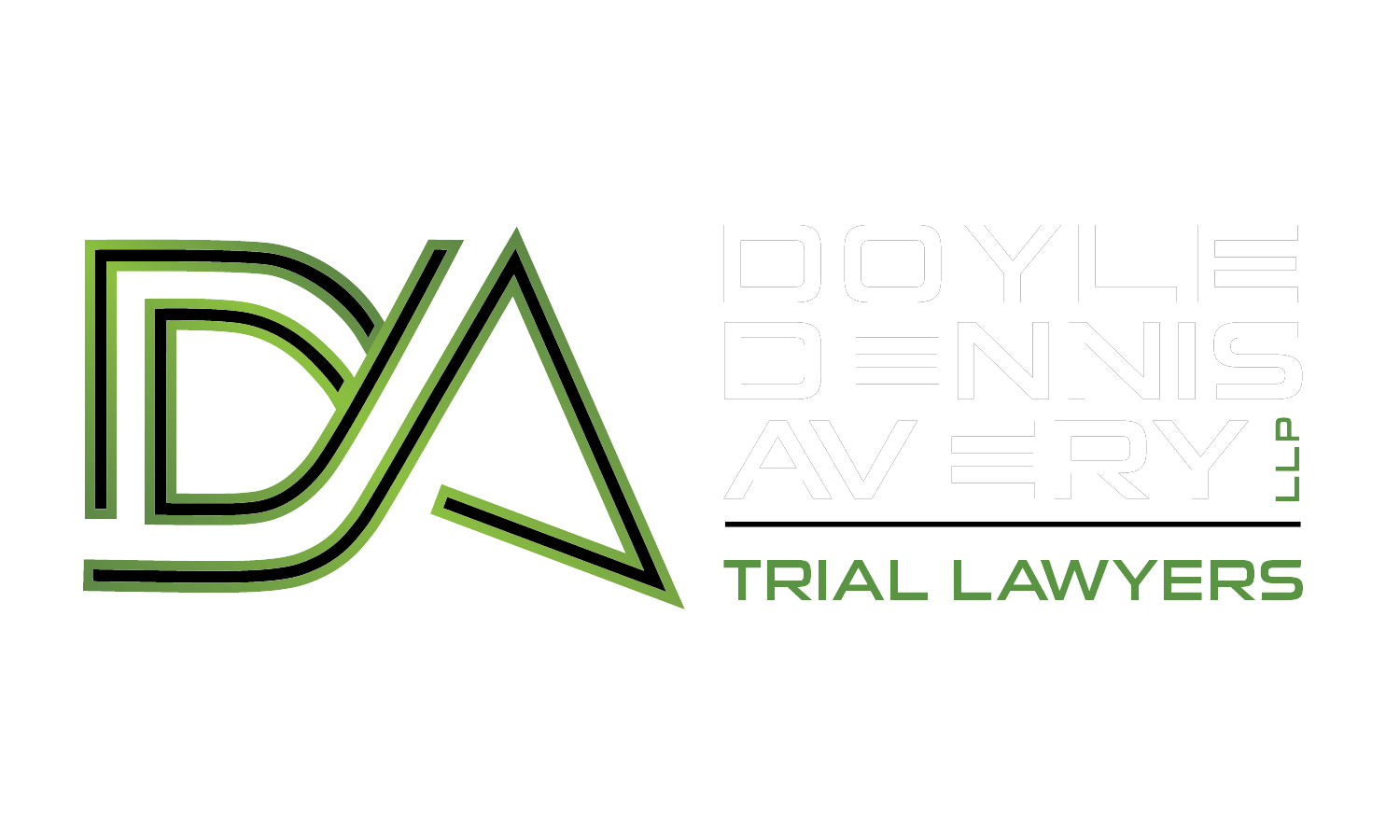Criminal Antitrust
Doyle Dennis Avery LLP represented employees who have been wrongfully terminated or retaliated against by their employer because the employee reported criminal antitrust violations either internally or externally to the federal government, or who participated in a federal governmental criminal antitrust investigation or proceeding. The Criminal Antitrust Anti-Retaliation Act (CAARA), 15 U.S.C. § 7a-3, was passed on December 23, 2020 and provided important protections for whistleblowers during criminal antitrust investigations.
Who is protected?
In passing CAARA, Congress protected employees who make important reports related to antitrust violations. This included:
- Providing or causing to be provided to the Federal Government or a person with supervisory authority over the covered individual (or such other person working for the employer who has the authority to investigate, discover, or terminate misconduct) information relating to-
- any violation of, or any act or omission the covered individual reasonably believes to be a violation of, the antitrust laws; or
- any violation of, or any act or omission the covered individual reasonably believes to be a violation of, another criminal law committed in conjunction with a potential violation of the antitrust laws or in conjunction with an investigation by the Department of Justice of a potential violation of the antitrust laws;
- Causing to be filed, testify in, participate in, or otherwise assist a Federal Government investigation or a Federal Government proceeding filed or about to be filed (with any knowledge of the employer) relating to-
- any violation of, or any act or omission the covered individual reasonably believes to be a violation of, the antitrust laws; or
- any violation of, or any act or omission the covered individual reasonably believes to be a violation of, another criminal law committed in conjunction with a potential violation of the antitrust laws or in conjunction with an investigation by the Department of Justice of a potential violation of the antitrust laws.
CAARA protects employees and contractors in any industry that make protected reports. Some of the examples of the types of employers that may be conferred include: insurance companies; healthcare; technology; banking; transportation; energy; and oil and gas.
What is an adverse Act?
CAARA precludes employer from discharging, demoting, suspending, threatening, harassing, or in any other manner discriminating against an individual in the terms and conditions of employment of the covered individual because of any lawful act done by the employee. In other words, an employee who makes a protected act may not be wrongfully terminated because of that act.
How do I prove retaliation or wrongful termination?
As part of the burden of proof to show wrongful termination or retaliation, an employee must have engaged in a protected act, subjected to an adverse action, the employer knew about the act, and that protected act was a contributing factor in the adverse action. CAARA applies the contributing factor standard for causation, meaning the employee only needs to show that the protected act was a factor which, alone or with other factors, in any way affects the outcome of a decision.
How do I file a retaliation or wrongful termination lawsuit?
Under CAARA, an employee must file a complaint with the Secretary of Labor within 180 days of the wrongful termination or adverse act. If the Secretary has not issued a decision within 180 days of the complaint, the employee may bring an action at law or equity for de novo review in the appropriate district court of the United States, which shall have jurisdiction over such an action without regard to the amount in controversy.
If the Secretary of Labor has not issued a final decision within 180 days of the filing of a complaint, the employee may file a claim in federal district court.
What damages are available?
If an employee proves a violation under AMA, the employee may recover back pay with interest, lost wages, mental anguish, litigation costs, expert witness fees, punitive damages, and attorneys’ fees.
Copyright © 2024 Doyle Dennis Avery LLP Trial Lawyers. All rights reserved. Powered By Blue Beam LLC
The information on this website is intended for general informational purposes only and is not legal advice for any individual case or situation. Viewing or receipt of content on this website does not create an attorney-client relationship between the user and Doyle Dennis Avery LLP.
The cases, verdicts and settlements displayed on this site are solely for illustrative purposes and should not be considered a guarantee or prediction of the outcome of any other claims or cases. Each case is unique, and past outcomes are not indicative of future results.
We recommend that users consult with an attorney for legal advice on any questions or concerns they may have. Users rely on the information on this website at their own risk.
